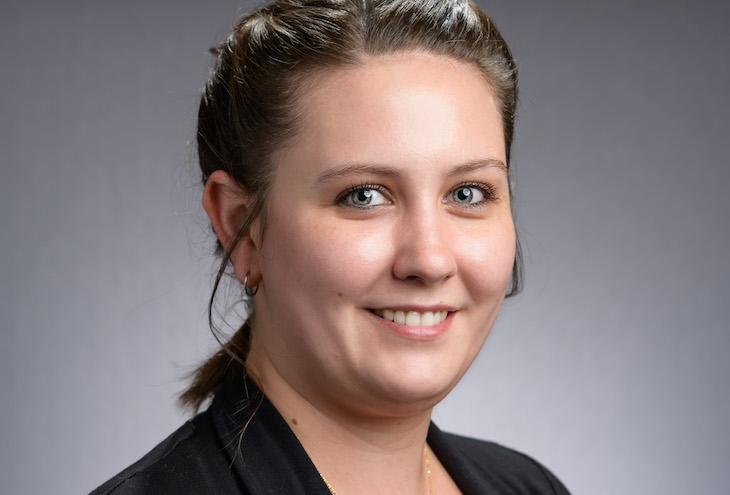I have always been captivated by the intricate nature of living things. Growing up in a small rural township in Northern Ontario, I would spend time wandering the bush and exploring nature. All the nearby farmers knew me because I would visit their animals. I thought it was the coolest thing that the cows would come when I mooed at them.
My father taught us what we take from the land we must give back for future generations. This sustainability approach to living has highlighted the importance of looking at the interconnectedness of all living things. The medicine wheel and plant medicine have been influential in my education and career. To truly heal you must address the root causes, then you can find a solution, which may require a social rather than a typical medical approach.
My sister holds a high position with the federal government working in Crown-Indigenous Relations and Northern Affairs. Through her work, I have learned there is little to no access to health care or sustainable agriculture in remote northern regions of Canada. My ambition is to educate northern communities in modern medicine and technologies where appropriate, ensuring they have access to best practices while retaining traditional approaches that empower them to maintain autonomy over their health.
I chose health sciences because it also encompasses the social constructs that drive health care. Science is always evolving and I love that. I want to research diseases and develop therapies, but I want to incorporate Indigenous approaches. My focus will be on bridging the gap in accessible and culturally appropriate health care in Indigenous communities.
Because I have ADHD, I get bored easily and need to be continuously challenged. In every class I learn things that tempt me to take a different path. To mitigate my wavering interests, I have been taking language and culture certificate programs in addition to my degree to better communicate with the individuals I will be working with. I have earned a certificate in intercultural awareness and I’m currently completing one in Indigenous Canada. Next, I intend to complete French for Professionals, followed by Indigenous languages and cultures.
I have struggled with my health since 2017, when I sustained a severe concussion that sidelined my education. I worked tirelessly with medical professionals to recover and return to school, so when I couldn’t complete my degree as planned, I was devastated. I tried for a year to get back to school and work but wasn’t cleared medically for either. I ended up moving back home because I needed help, then I became depressed. It took a long time working with specialists, but in 2020 I was cleared to attend school part time, and by the following year I was a full-time student.
My life feels like it’s back on track. I have ongoing treatments, and I’ve had to accept my “new normal,” but I have the tools I need to help mitigate my symptoms. I feel more optimistic about my health and feel empowered in handling it.
My concussion posed a lot of challenges for me academically, which also increased my anxiety and depression. For anyone who is struggling at all, reach out to your school’s student services — it will change your whole experience. They connected me with the resources I needed.
I stumbled upon AISES when I was searching for scholarships. At AISES I finally feel like I belong, and I’m among people who understand me and share my interests. In 2021 I was elected Junior Canadian National Student Rep, and in 2022 I advanced into the Senior Rep position, where I have grown so much as a person. I feel more confident, and I’ve developed my public speaking skills, which is a huge feat for me as someone with severe anxiety. AISES is a place where I’m able to embrace my Indigenous identity — I didn’t realize how lost I was before I was surrounded by the culture.














